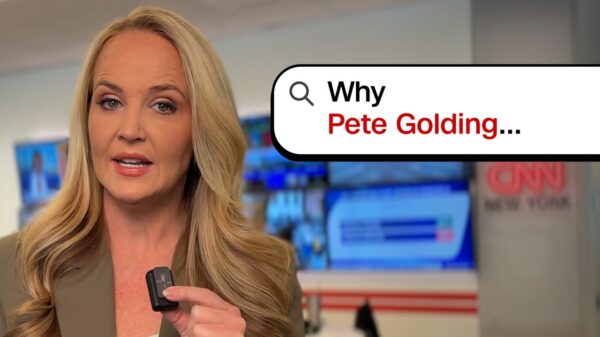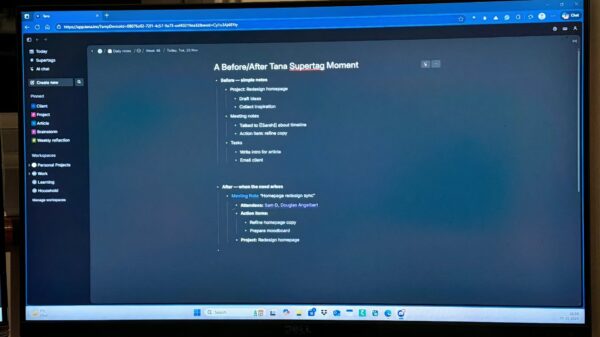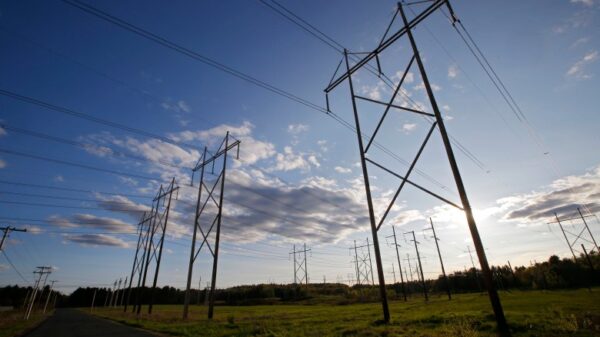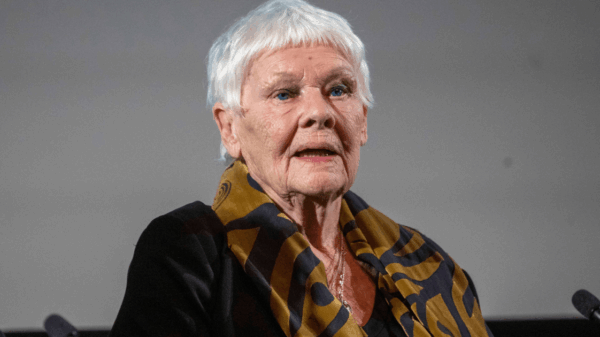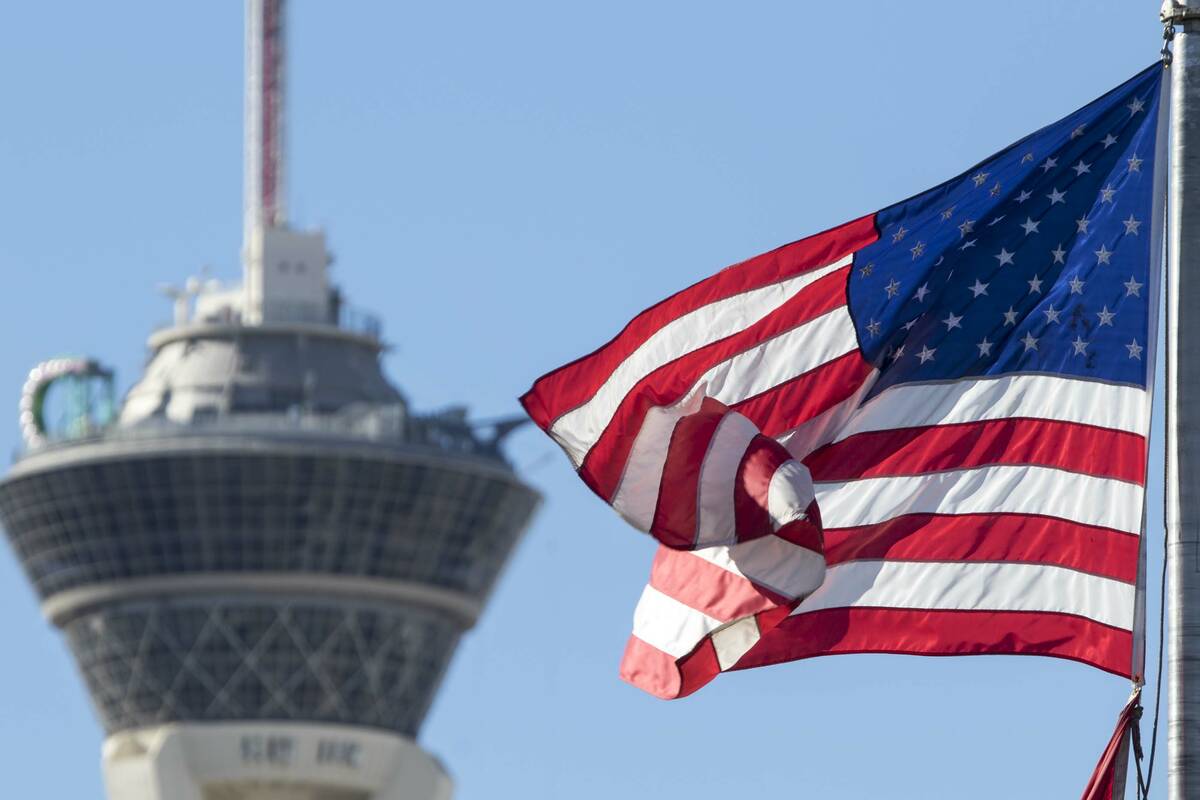In a recent letter, Ricky Kendall criticized the economic landscape of the United States, claiming that wealth is concentrated among a small elite while the majority struggle. His remarks reflect a growing discourse about inequality and wealth distribution in America. Kendall’s assertion touches on deeper ideological divides regarding capitalism and socialism, which continue to shape political and economic debates.
Kendall’s letter, published on October 31, describes a nation where billionaires accumulate wealth at the expense of the average citizen. He argues that this concentration of wealth indicates a failure of the American economic model. While acknowledging the existence of inequality, he suggests that it equates to poverty for many. In contrast, proponents of capitalism argue that the United States remains a bastion of opportunity, where upward mobility is still attainable for many individuals.
Statistics from 2024 demonstrate this claim. More than 1,000 Americans achieved millionaire status every day, attributed to factors such as investment, entrepreneurship, and disciplined saving practices. Today, approximately 8.8 percent of U.S. adults are millionaires, a figure that highlights the potential for wealth creation in a capitalist society. For context, only 0.6 percent of the population in China and 0.3 percent in Russia hold similar financial status, reflecting different economic systems dominated by state control.
Critics of Kendall’s viewpoint argue that while income inequality exists, it does not necessarily translate into widespread poverty. The argument for socialism often rests on the belief that wealth must be distributed more evenly to be considered legitimate. However, many economists contend that the capitalist framework has historically lifted more individuals out of poverty than any other system.
The debate surrounding these economic ideologies is not merely academic; it has real-world implications for policy and governance. Advocates for capitalism assert that it is this very system that fuels innovation, encourages productivity, and provides funding for social safety nets. They argue that income inequality, while concerning, does not negate the overall opportunity available within the economy.
As discussions about wealth distribution continue, it is clear that the issue is multifaceted. The challenge remains in balancing the aspirations for individual wealth creation with the societal need for equity and support for those in need. Both sides of the debate bring valid points to the table, underscoring the complexity of America’s economic framework.
The conversation about wealth and opportunity in the United States is far from over. As more individuals strive for financial success, the impact of these discussions will undoubtedly shape future economic policies and societal norms.

